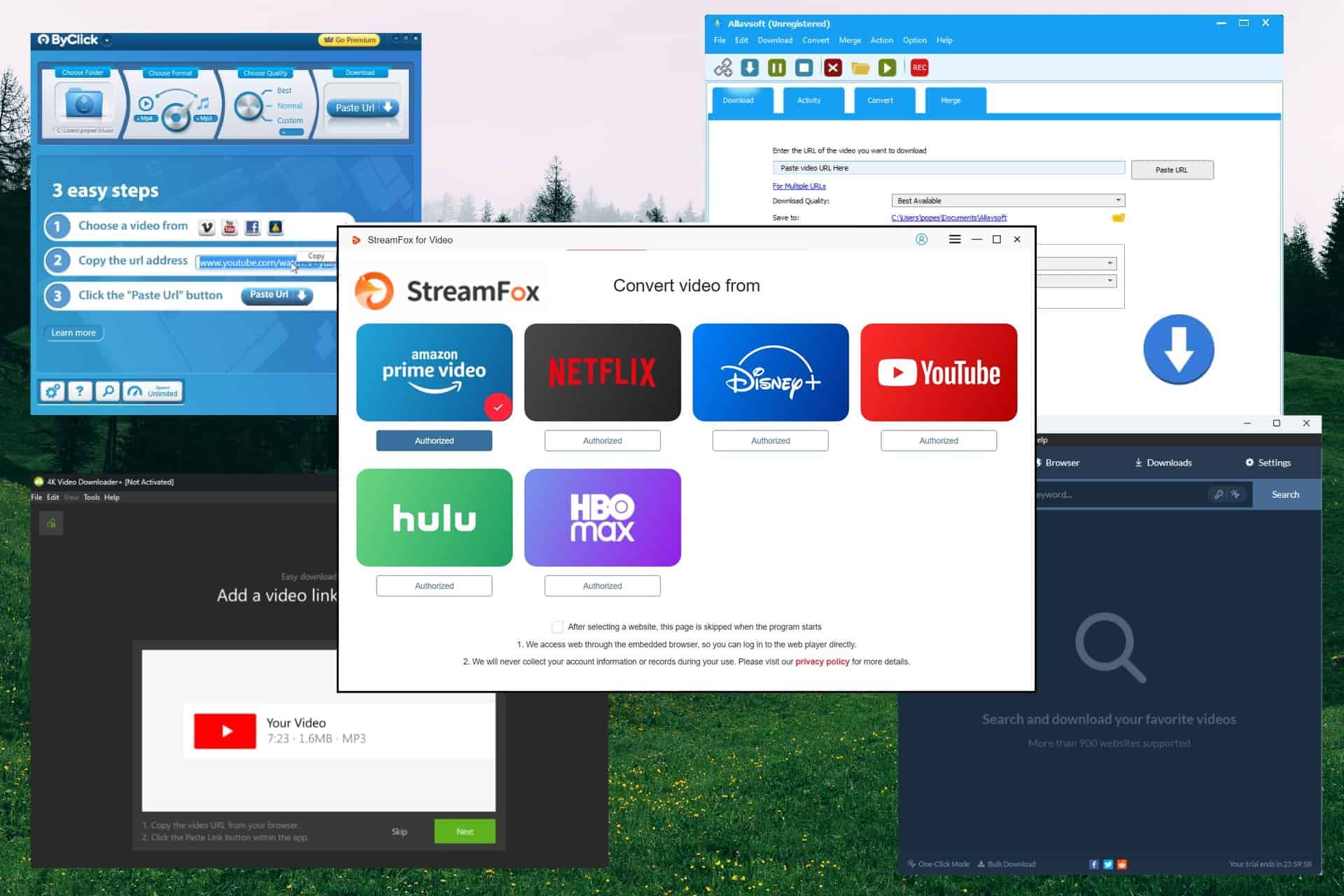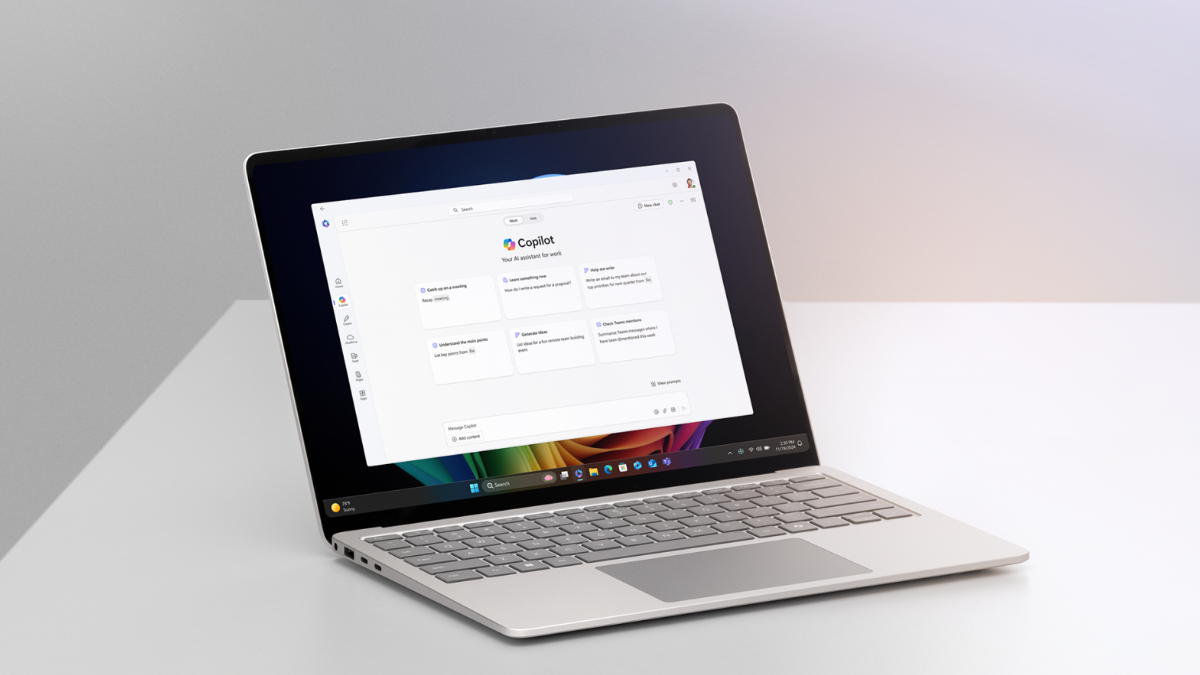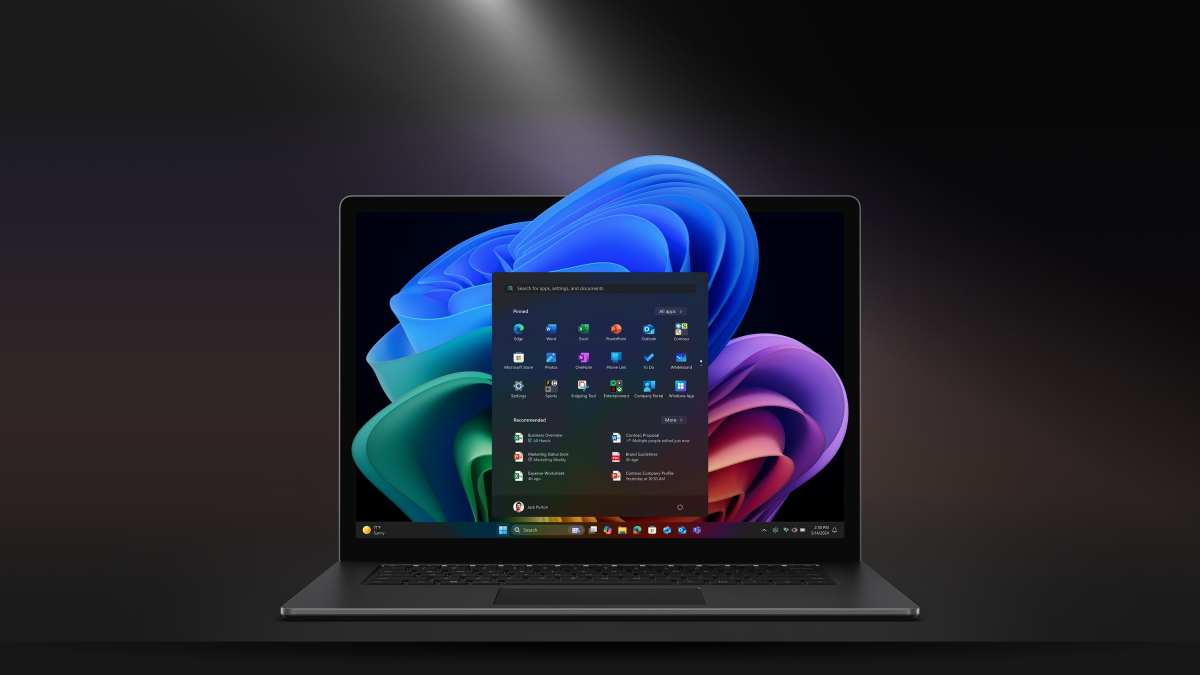Before Death Stranding, Kojima made an obscure delivery game for a Microsoft computer
6 min. read
Updated on
Read our disclosure page to find out how can you help MSPoweruser sustain the editorial team Read more

Before Death Stranding became gaming’s most realistic interpretation of an underpaid Amazon delivery courier, creator Hideo Kojima made another game about delivery.
No matter how you feel about telepathic infants, being over-encumbered and Mads Mikkelsen, there’s no denying that the works of Hideo Kojima are unique. From the over the top espionage of the Metal Gear series to the ominous hype behind Death Stranding, Kojima, for better or for worse, constantly places doubt on the convention of what a video game can be. What players might not be aware of, however, is that this new adventure featuring more walking than your mum with a new Fit-Bit holds resemblance to the eccentric developer’s first-ever title.
Before Kojima creeped out players with Psycho Mantis’ mind games, he worked as a developer with Konami on games for the MSX computer, a hardware standard created by Microsoft that aimed to compete with the likes of Commodore and Atari. It was during this time that Kojima was handed the keys to Metal Gear, a project that he saved using his love of cinema and alternative take on gameplay. Before that, however, Kojima learned the ropes of game design working with a character far removed from the husky, stubbly aesthetic of Solid Snake, in an adventure that involves delivering an item from one place to another. Sound familiar?

Penguin Adventure, a sequel to the previously released Antarctic Adventure, was Kojima’s aforementioned first project at Konami, providing him with the role of assistant director. The primary loop of the first game is simple – run from the level start to finish before time runs out. Antarctic Adventure may have stuck firmly to this basic principle, yet Kojima managed to turn our flightless friend’s second outing into a rich experience, featuring boss fights, collectable items, bonus stages and mechanics that aren’t too far from what can be found in an RPG. The game’s protagonist, Penta, definitely had his work cut out for him once Kojima was behind the wheel.
For a game from the 8-bit era, Penguin Adventure pushed the boundaries of what could be done with a simple premise. Just like with Death Stranding, a task as simple as delivering an item from one place to another was transformed into an elaborate conquest, with much to consider along the way. Both characters also endure a journey featuring a great deal of struggle, which might sound like a silly comparison to make, but it definitely can’t be easy running that fast when you’re a penguin. Sure, Kojima’s latest game might be far more complicated than just retrieving a golden apple to cure a penguin princess, but many aspects of Penta’s quest act as a similar type of innovation – where Death Stranding throws the conventions of its own genre into question, Penguin Adventure does the same.

On the face of things, Penguin Adventure could be mistaken for a 3D scrolling runner, with some obstacles to avoid and items to collect. It’s only when you realise the variety of mechanics on display that you realise you’re playing a game comparable to the likes of the Legend of Zelda, which is remarkable for a game with such arcadey mechanics. Linearity also becomes a non-issue when it comes to Penguin Adventure, as the fast-paced gameplay mixed with the prospect of purchasing various items from secret shops in each level provides what’s needed for replayability.
Kojima also conceptualised the idea of alternative endings with Penguin Adventure, with good and bad endings being a possibility. Kojima later used this same mechanical form of narrative in Metal Gear Solid 2, which just goes to show how much this zany little project influenced his approach to his development style. That being said, where Penguin Adventure differs is that it isn’t natively Kojima’s idea for a game, but rather an adaptation of the first titles original premise. This is important as it meant that Kojima didn’t have to invent any primary mechanics or concepts, yet it left him plenty of scope for interpretation, even if that does include Penta being able to purchase a gun from a beardy fisherman.

If there’s one thing that is for certain, it’s that Kojima always wants to destroy whatever box he’s placed into, taking as much liberty as he can as a creative. Despite the fact that Kojima has worked on various projects other than the Metal Gear series, many of his other franchises have either fallen into obscurity or left behind with their console generation. What each of these titles does represent, however, is the fact that even without the ‘Kojima Productions’ stamp on the cover, it’s easy to see that each has been morphed from its original genre, into something versatile. As a matter of fact, the Metal Gear series behaves itself more than any other Kojima game, which is why it’s easier to draw comparisons to Norman Reedus and Penta Penguin, rather than anything Solid Snake.
It might be wild to try and compare an 8-bit game about a ridiculously fast penguin to the madness that is Death Stranding. However, it does serve as a good example of how Kojima’s development roots have stayed with him throughout his career. The radical changes made to Penguin Adventure’s depth are similar to how Death Stranding aims to change the very fabric of action games. Adding layers of innovation into a genre can either make or break a game conceptually, but when it sticks, it can completely change the industry as we know it. Whether people love or hate the unconventional approach of Death Stranding, implementing genre-defining mechanics is what keeps the video game industry in motion, for better or for worse.
For more articles on Kojima’s newest game that makes you scratch your head and go, “eh?”, read here to find out what happens when you look at Norman Reedus’ cucumber and sprouts for too long. Or go watch that Conan video or something, it’s your time.












User forum
0 messages